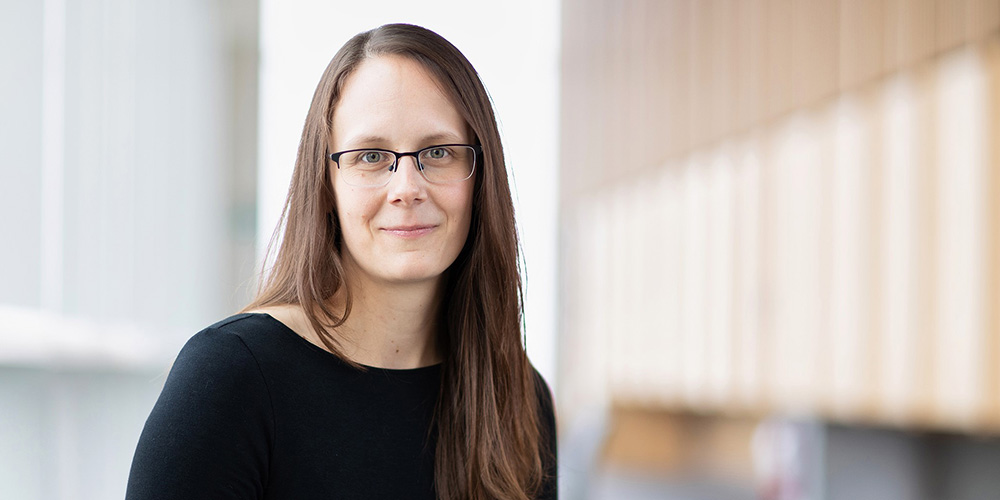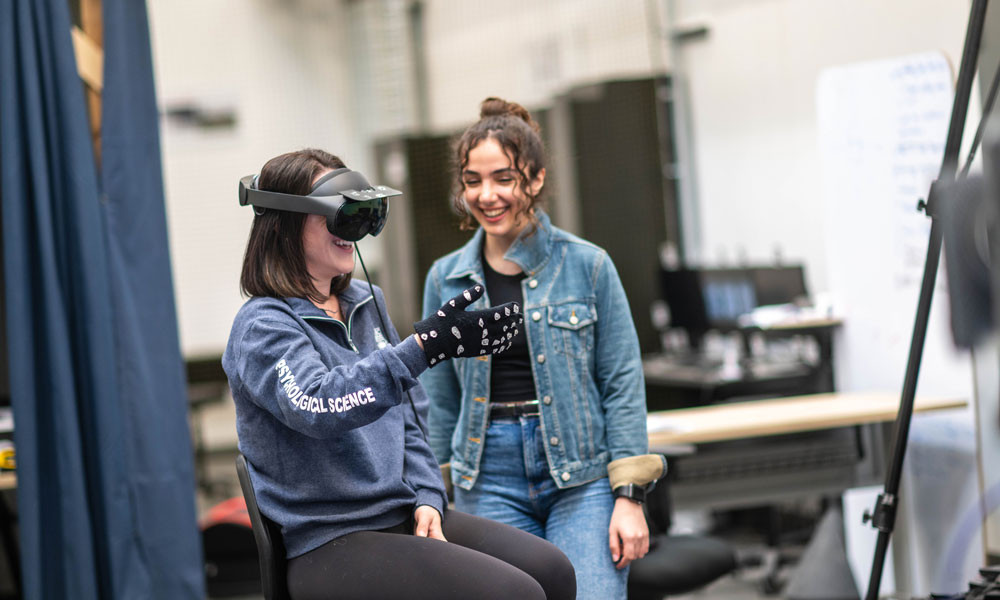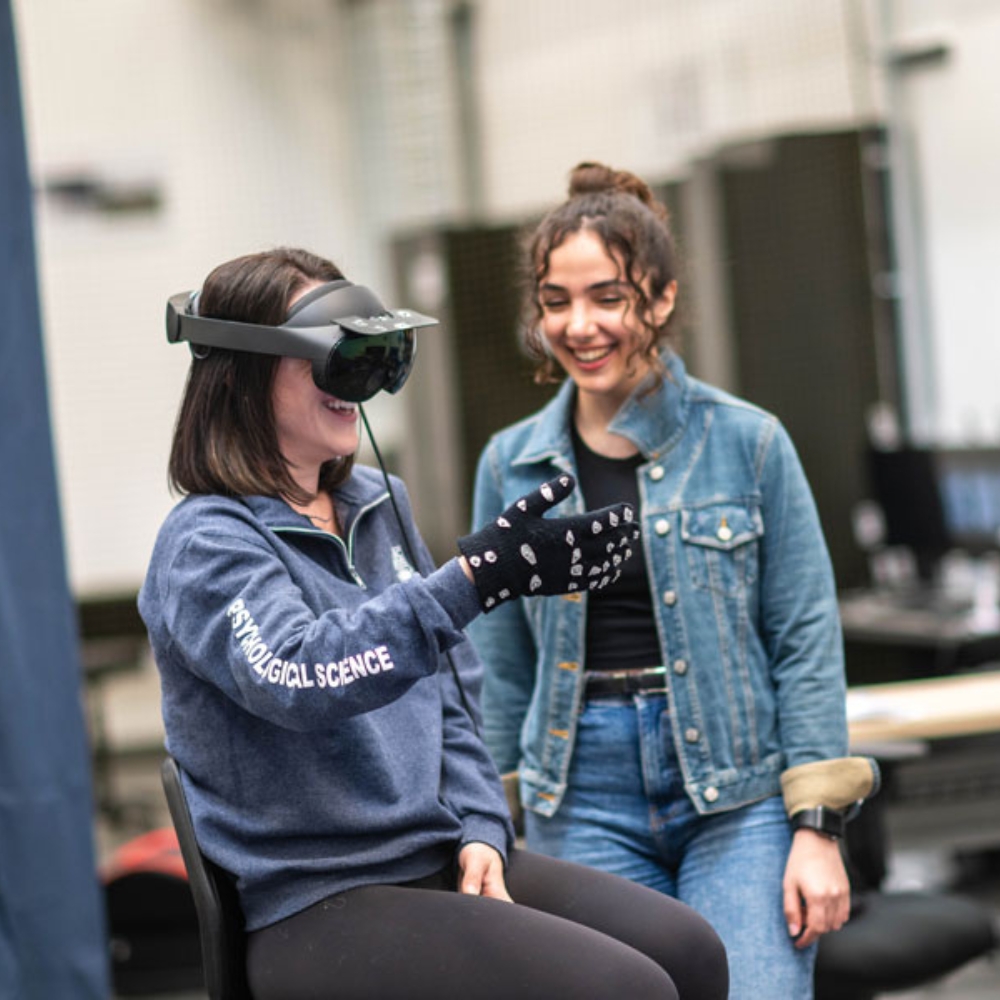Bachelor of Arts (BA), Bachelor of Science (BSc)

Bachelor
4 years
Irving K. Barber Faculty of Arts and Social Sciences
Why study Psychology at UBC Okanagan?
Get your UBC degree in psychology, the study of human and animal behaviour. Psychology explores diverse topics—from the factors involved in social interactions among individuals and groups and the processes underlying the nervous system, to moral development in children and what gives us a sense of wellbeing.
At UBC Okanagan, you can complete either a BA or BSc in psychology. Bachelor programs offer a Major or a General Studies BA with a Concentration in Psychology.
Careers and Outcomes
UBC degrees are respected by employers around the globe. Program graduates will have the skills to pursue a career in a variety of fields like,
- Addictions support worker
- Behavioural analyst
- Child and youth care worker
- Correctional officer
- Crisis intervention support worker
- Labour relations specialist
- Marketing and public relations professional
- Mental health worker
- Parole/probation officer
- Residential support worker
- Youth and family support worker
Experiential Learning
Expand your horizons while studying abroad, conducting meaningful research, or working in the community with your UBC colleagues.
Learn more about Co-op, Go Global, Undergraduate Research Awards and other opportunities at Experiential Education.
Additionally, UBCO’s Psychology Program offers unique opportunities like undergraduate research positions.
Global and Close-Knit
At UBC Okanagan, you gain all the benefits of attending a globally ranked, top 5% university while studying in a close-knit learning community. 50% of graduates, from all across the globe, choose to stay in the region.

Discover the Okanagan
A diverse natural region with sandy beaches, beautiful farms, vineyards, orchards and snow-capped mountains, the Okanagan is an inspirational landscape perfect for those seeking leisure or outdoor adventure.
UBC's Okanagan campus borders the dynamic city of Kelowna, a hub of economic development with a population of more than 150,000 people— the fourth fastest-growing population in Canada.
Already applied? Check your status or accept your offer.





